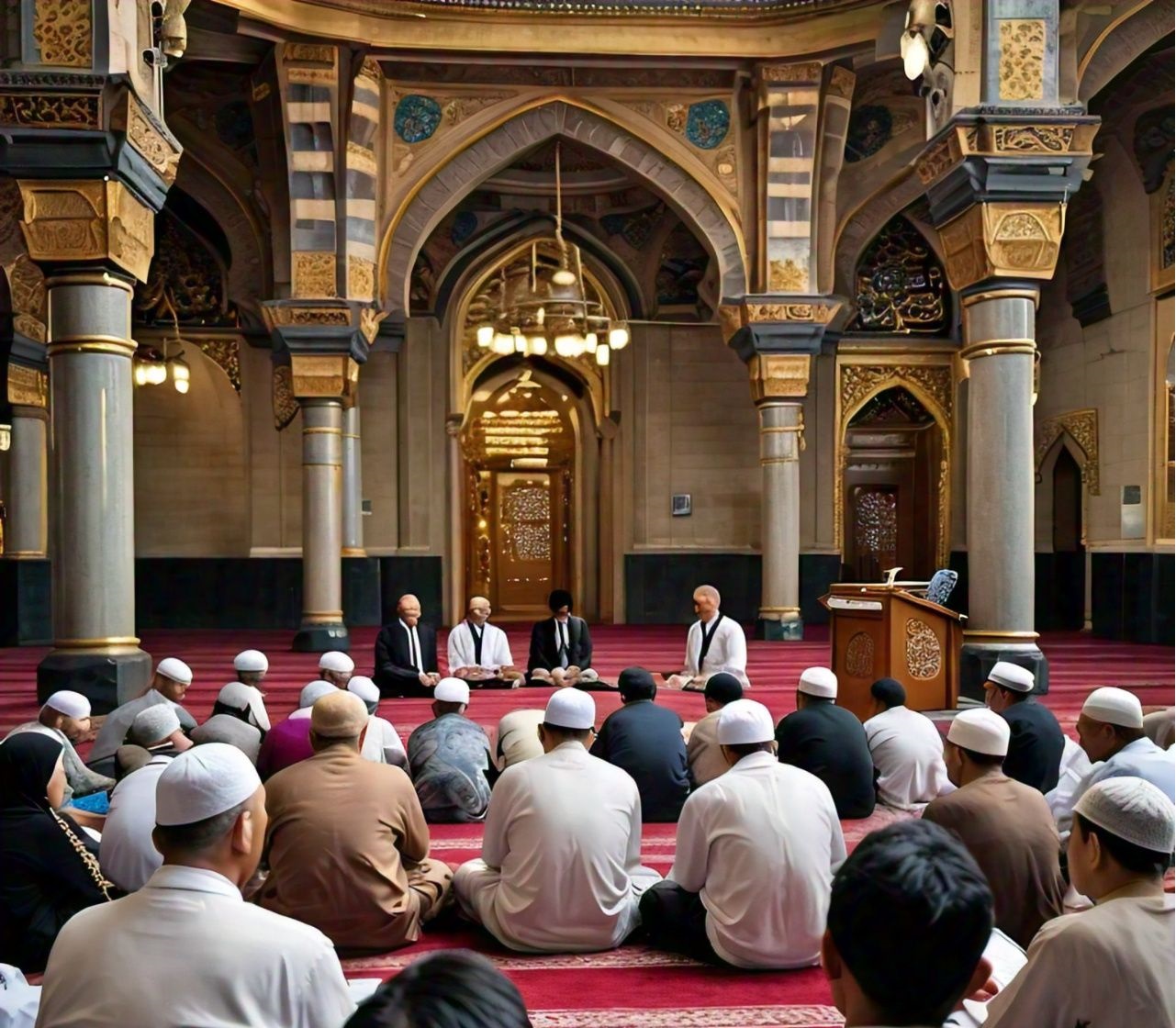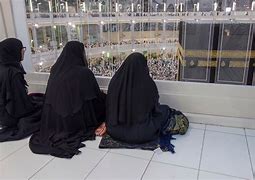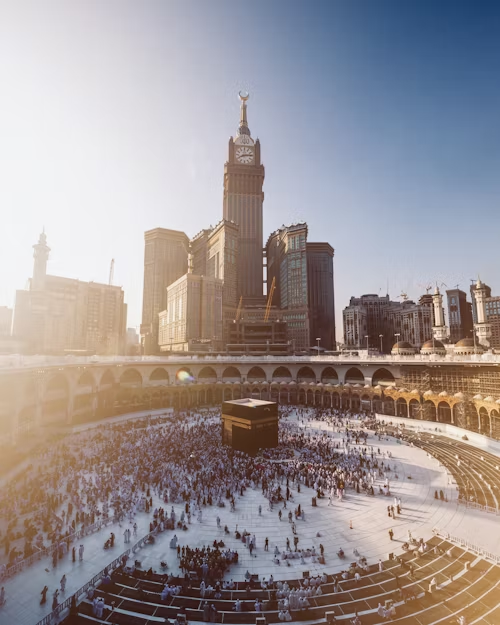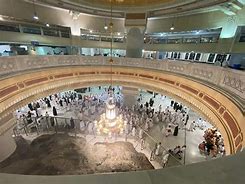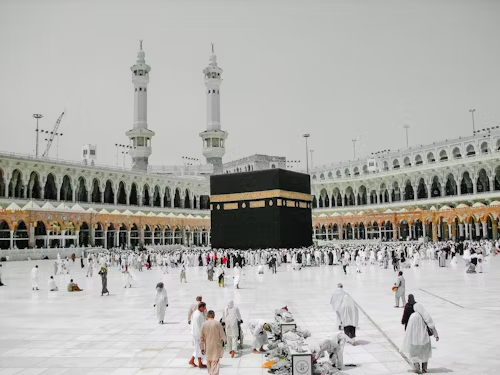The Psychological Impact of Umrah
Umrah, the lesser pilgrimage in Islam, holds profound spiritual significance. While its religious aspects are well-known, the psychological impact on pilgrims is equally transformative. This article explores the psychological impacts of Umrah emotional and mental benefits of undertaking this sacred journey, incorporating trending keywords for enhanced visibility.
The Spiritual Journey
Umrah is a spiritual journey that begins long before one arrives in Makkah. As pilgrims prepare, they experience a sense of anticipation and excitement. This journey allows them to step away from daily stressors, providing an opportunity for reflection and growth. A deeper connection with Allah and a renewed sense of purpose. A sense of calm and tranquility, easing stress and anxiety. A chance to seek forgiveness, reflect on past actions, and gain a fresh perspective.
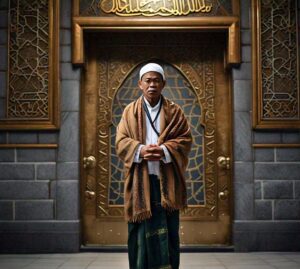
Emotional Benefits
The pilgrimage has been shown to offer significant emotional benefits. For many, it serves as a form of emotional cleansing, helping to alleviate anxiety and depression. The act of Tawaf, or circling the Kaaba, creates a meditative state that fosters inner peace. Strengthened beliefs and a deeper understanding of Islamic values. Connection with fellow pilgrims, fostering global unity and solidarity. Increased self-awareness, self-improvement, and a renewed commitment to personal development.
Sense of Community
One of the most impactful aspects of Umrah is the sense of community. Pilgrims from diverse backgrounds come together, united in faith. This unity fosters a feeling of belonging, reducing feelings of isolation. The shared experience strengthens social bonds, contributing to overall well-being.
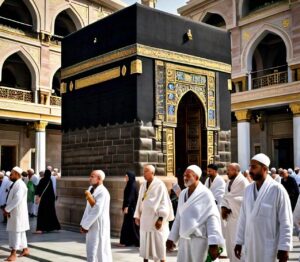
Personal Transformation
Many return from Umrah with a renewed sense of purpose and improved mental clarity. The experience often leads to a reevaluation of life priorities, promoting personal growth. This transformation is often accompanied by increased resilience, as pilgrims draw strength from their spiritual experiences. Solace and comfort for those experiencing grief, loss, or hardship. Appreciation for life's blessings and a greater sense of gratitude. A broader understanding and compassion for others. Cherished experiences and memories to be treasured.
Conclusion
The psychological impact of Umrah is profound. Beyond its religious significance, it offers emotional healing, fosters community, and promotes personal transformation. For those who embark on this journey, the benefits extend far beyond the physical pilgrimage, leaving lasting impressions on their mental and emotional well-being.
Call to Action
If you’re considering Umrah, reflect on its potential psychological benefits. Embrace the journey, and discover how it can transform not only your spiritual life but also your mental health.

Book an Appointment with Us:

If you need any help regarding application process and got any query, feel free to contact us. We are your true companions and we respect our dignity.
If you want to know about how to apply for japan, click here.
If you want to know about OUR HUNGARY STUDENT VISA, click here.

